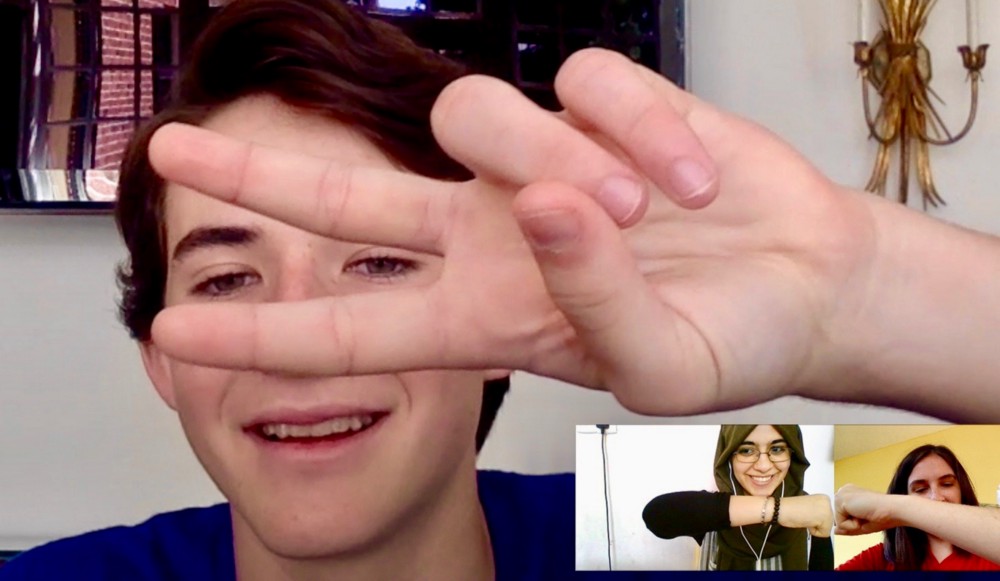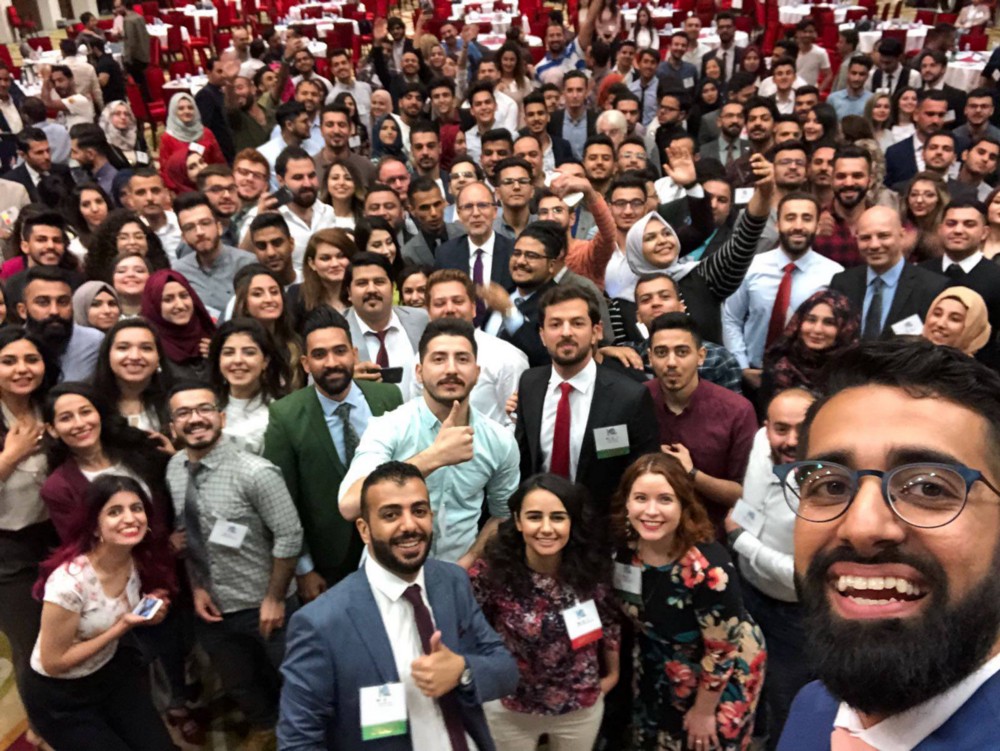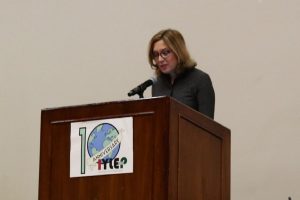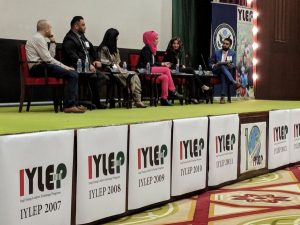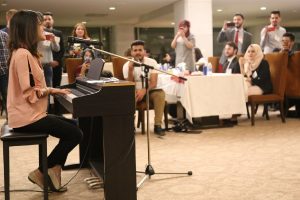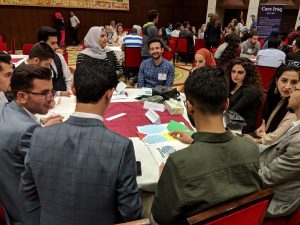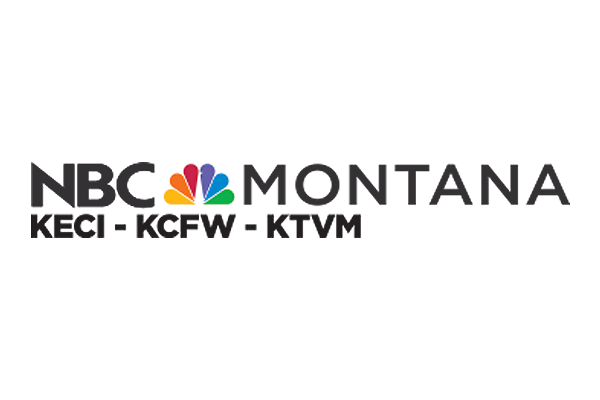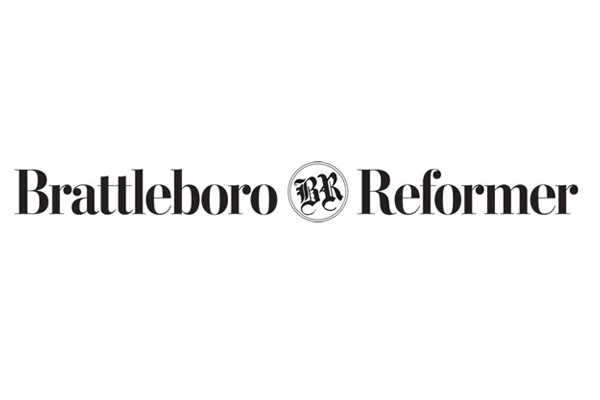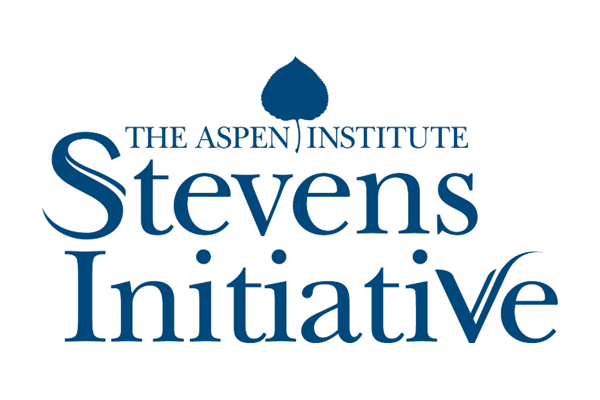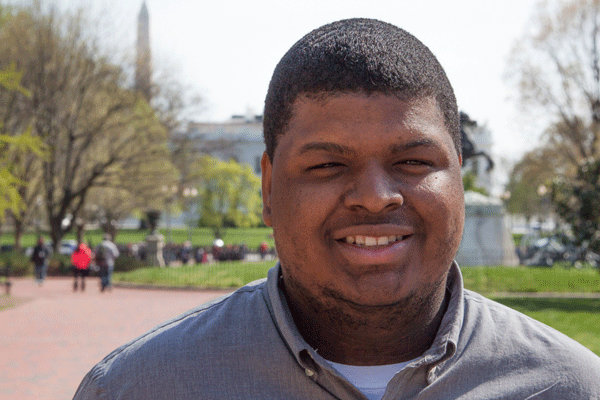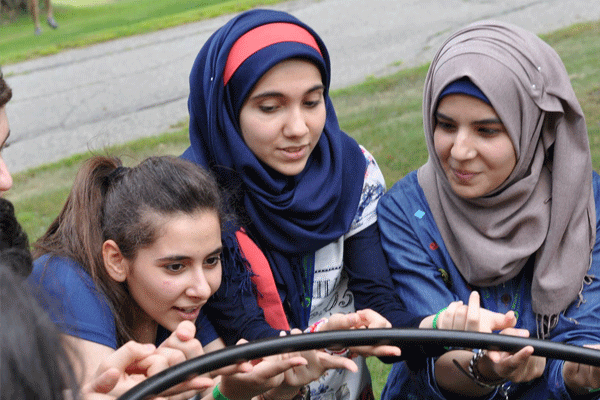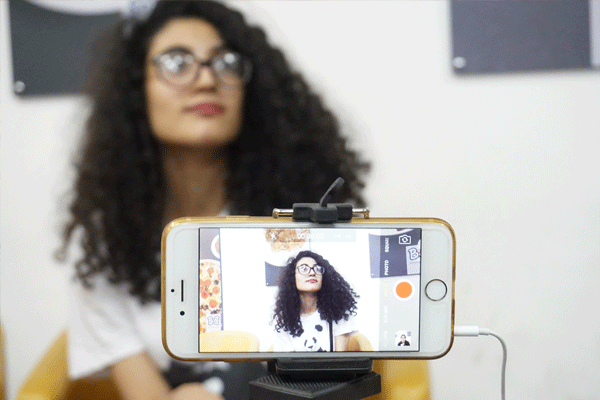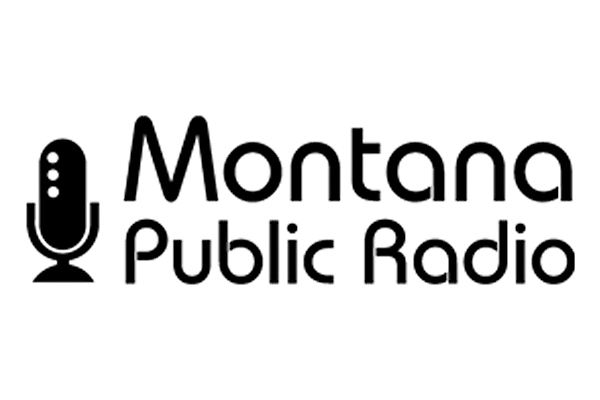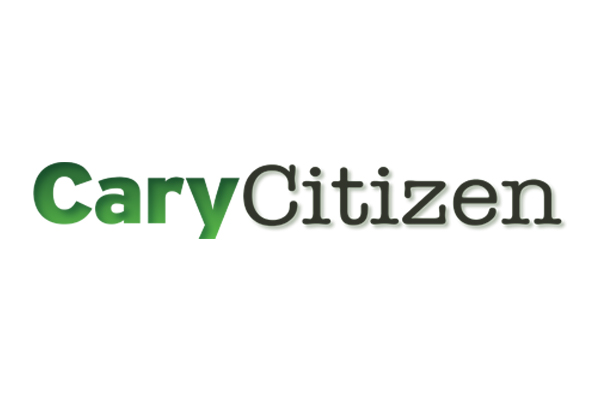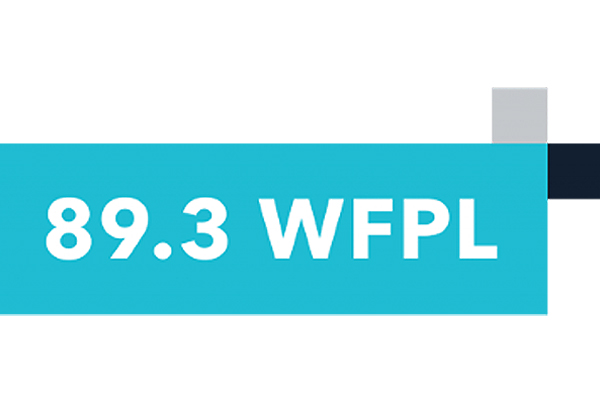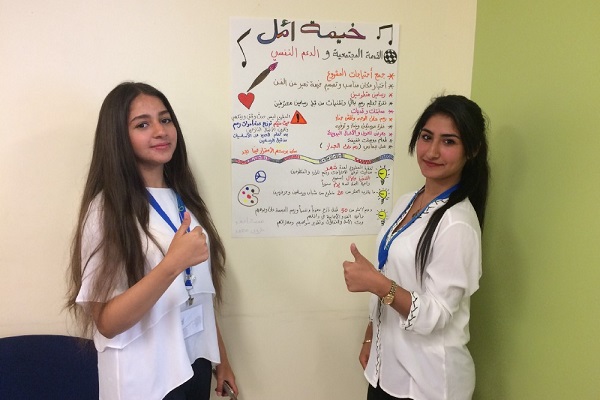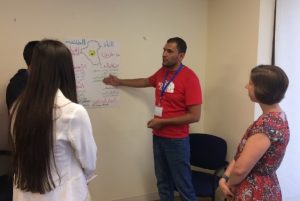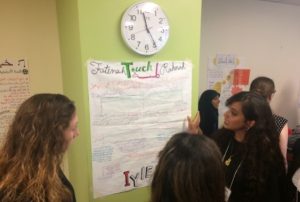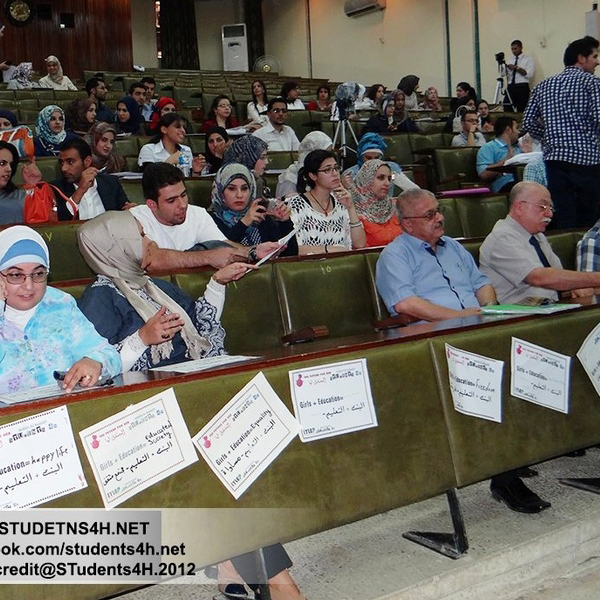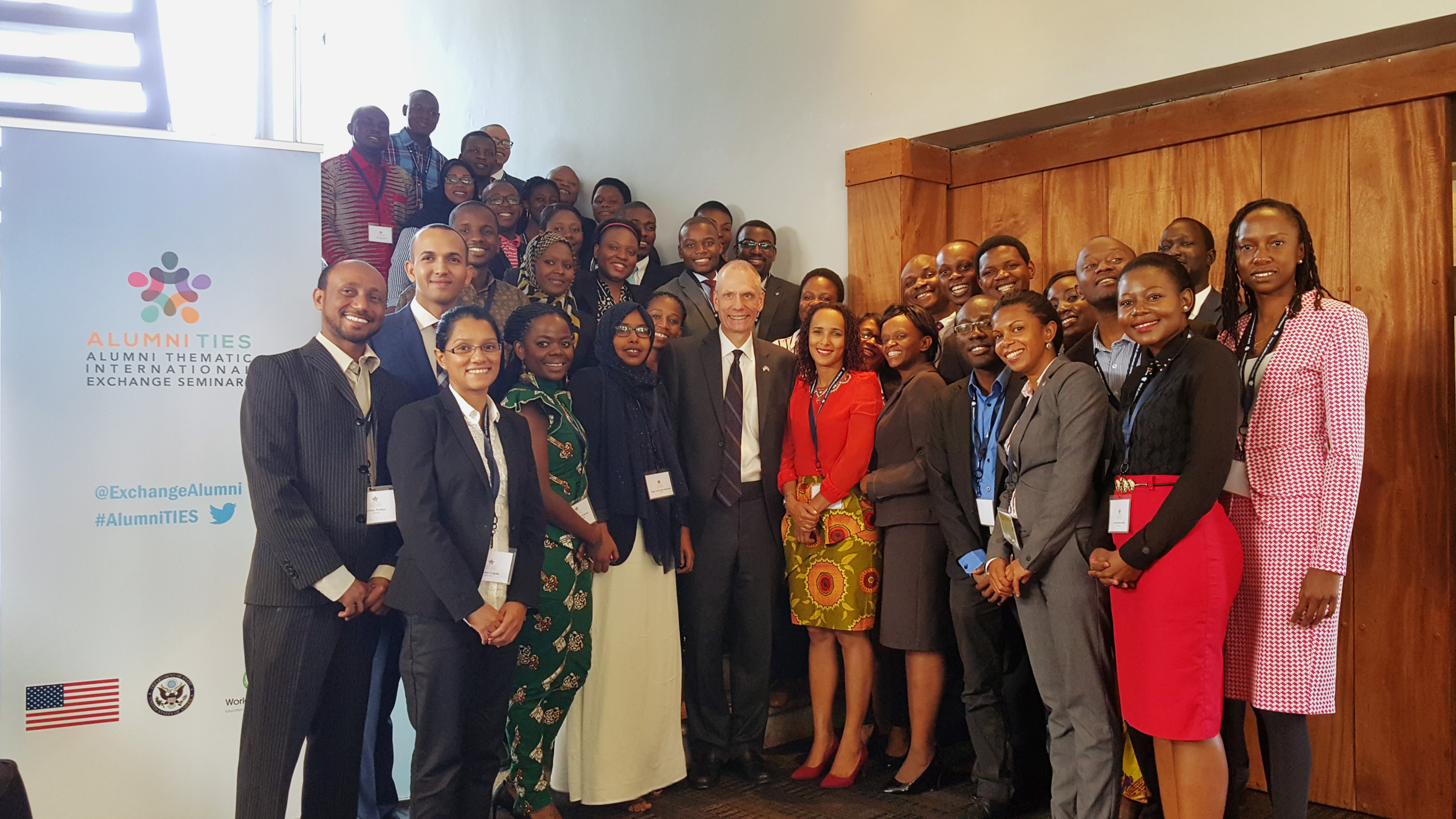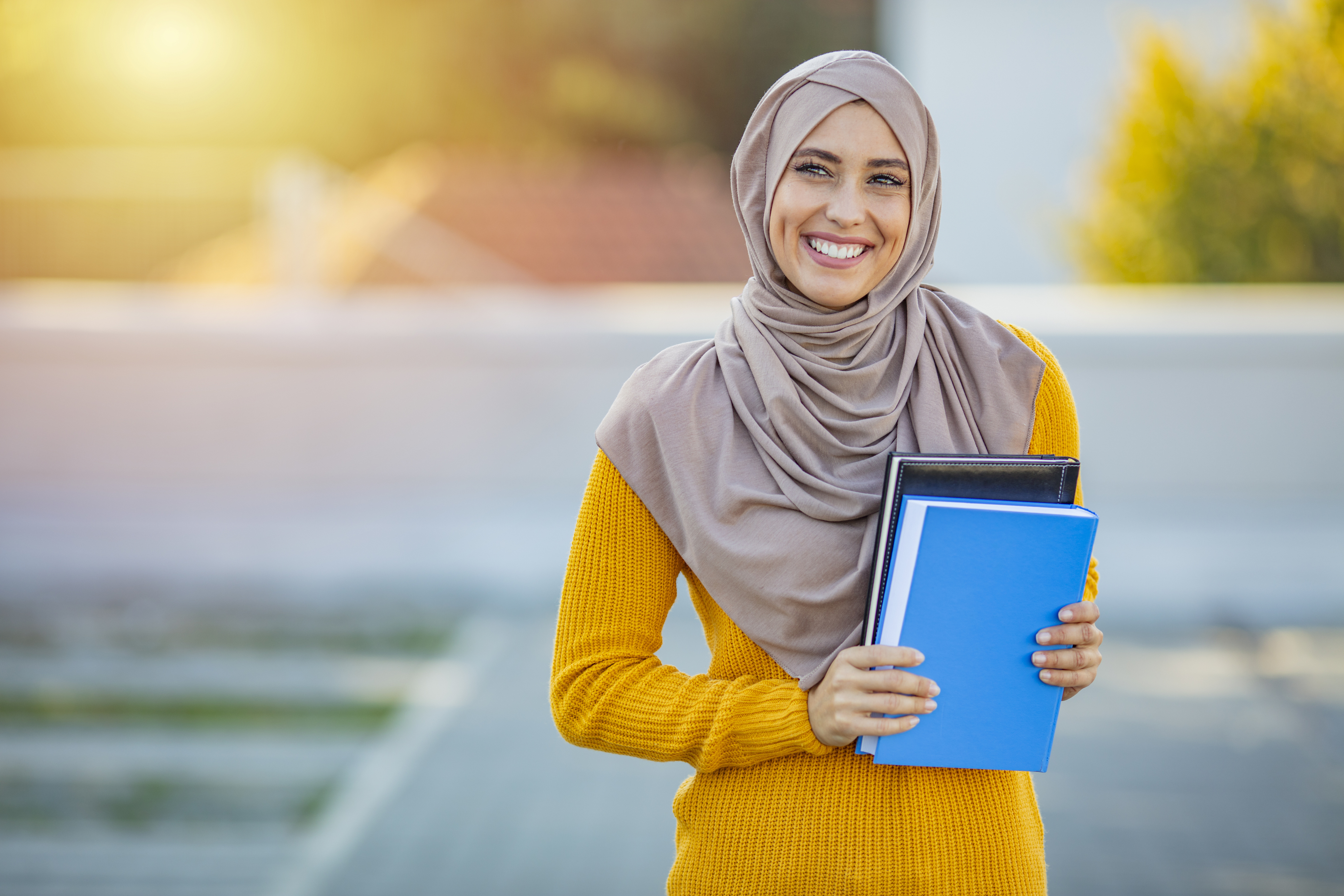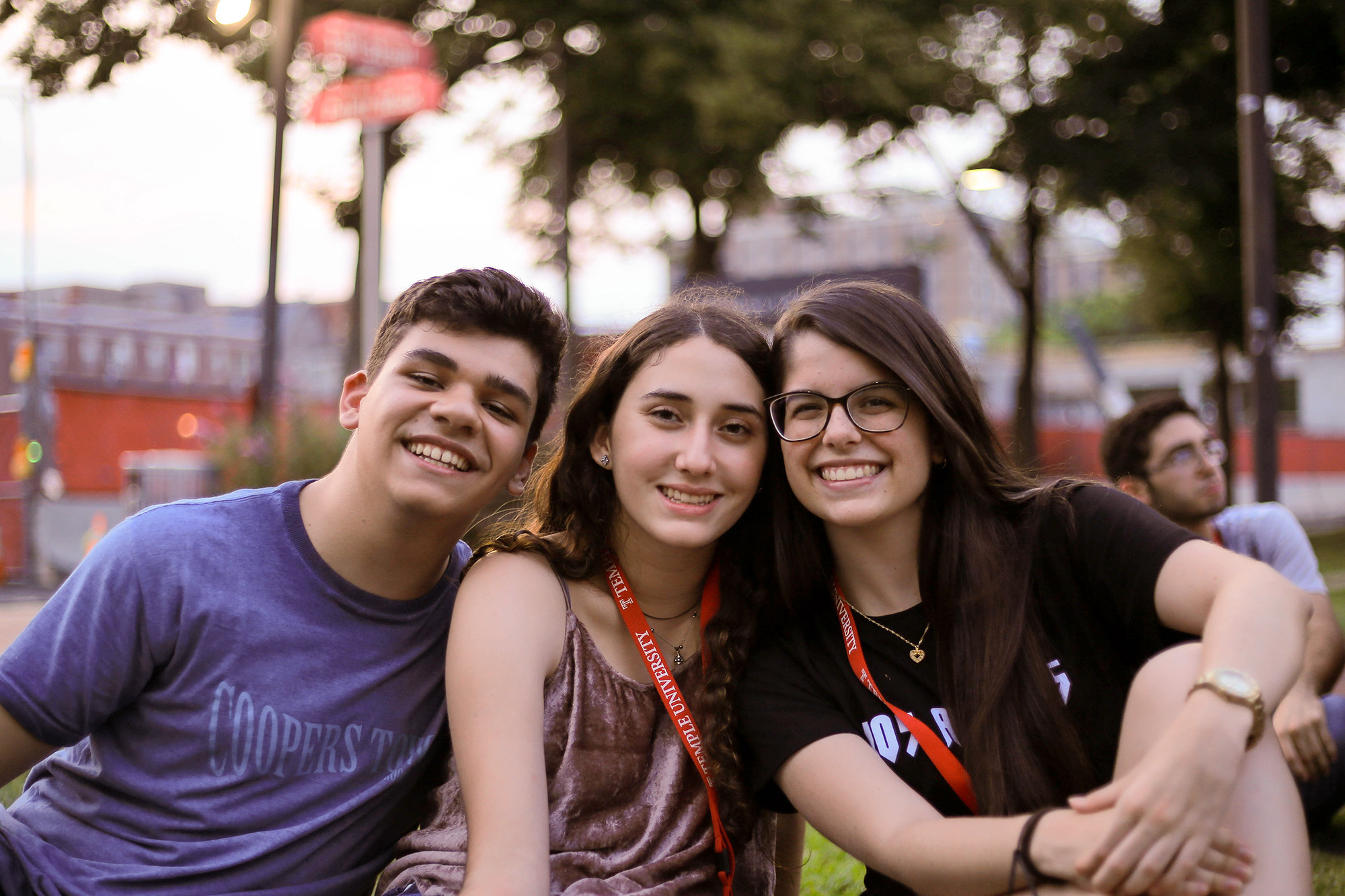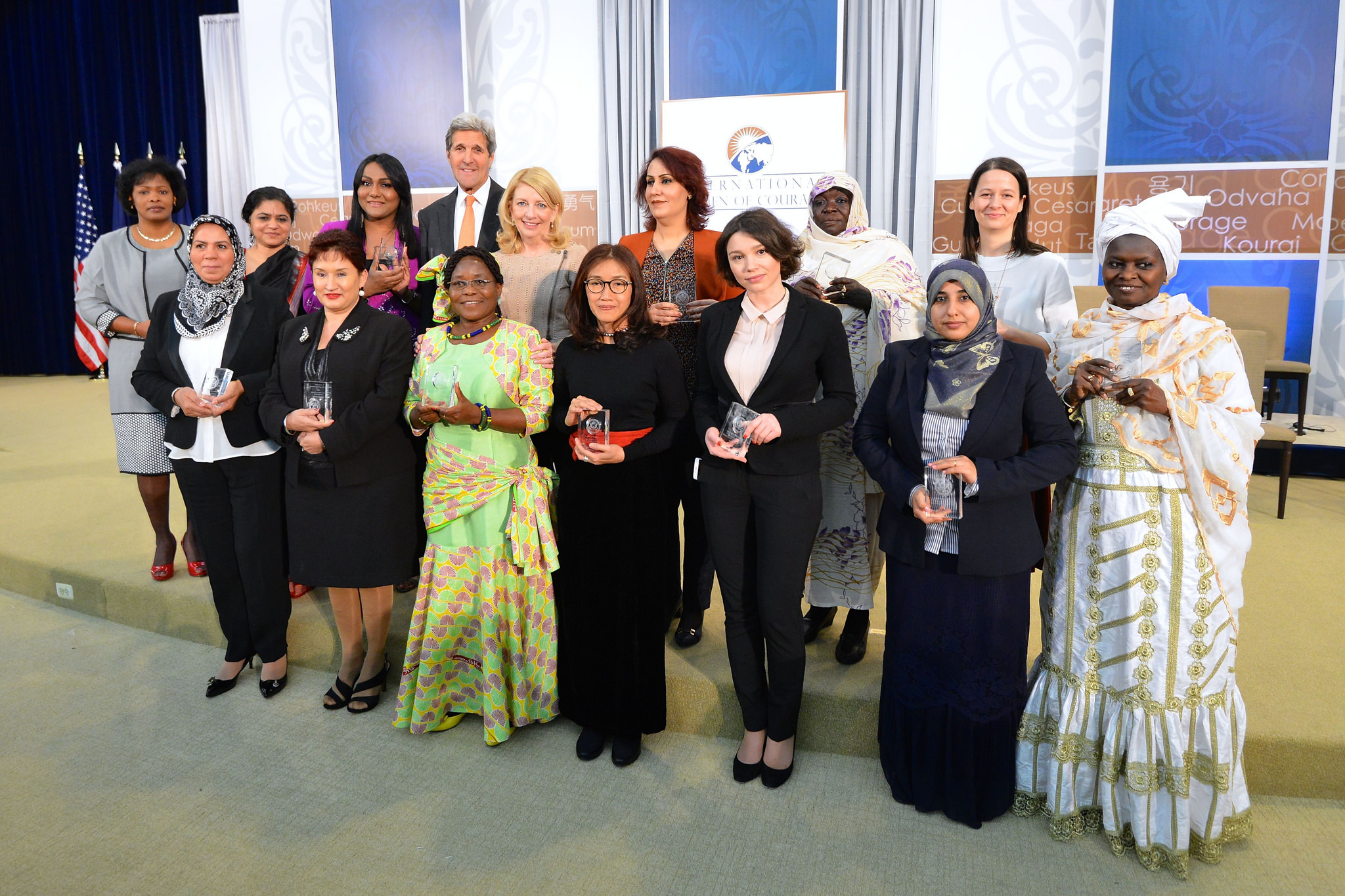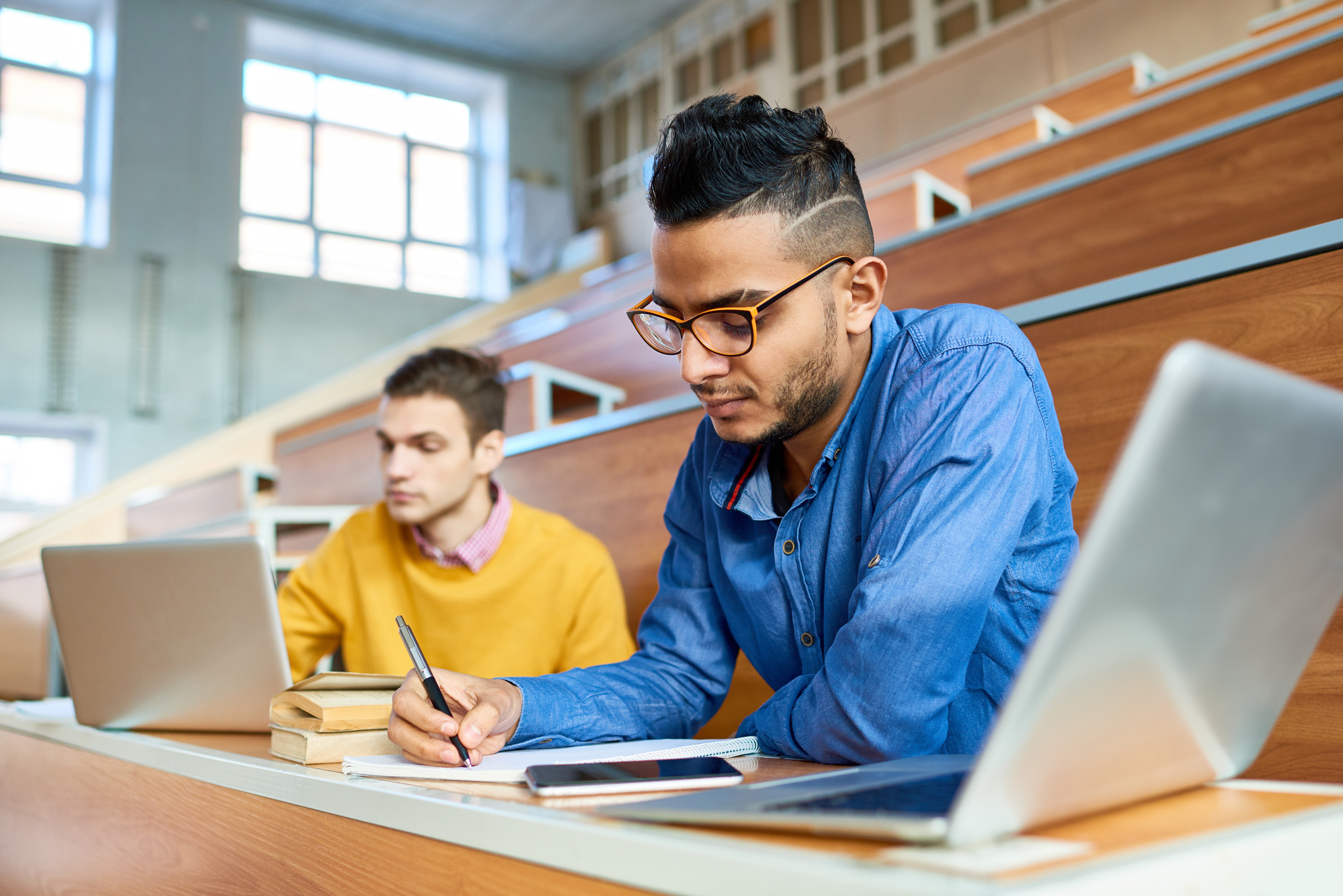Fifteen-year-old Turner Payne didn’t know very much about the Middle East before last summer. Though he was interested in the world, Payne didn’t have much opportunity to learn about the region’s history or culture as a high school freshman in Maryland. What he knew about it was what he’d learned from social media and TV news stories, which portrayed the Middle East as a place of conflict full of terror attacks and refugees.
But that changed when Payne joined the Digital Young Leaders Exchange Program (DYLEP), a virtual exchange program run by World Learning that connects teenagers from the U.S. and Iraq. In addition to getting to know peers from another country, it’s designed to help them develop leadership skills, while fostering civic engagement and respect for diversity. Payne spent almost every day of the four-month program chatting online with Iraqi teenagers — his virtual “family” — learning about their culture and sharing his experiences with them.
“I learned through DYLEP about how rich the Middle East is and how many different cultures and religions it has,” Payne says. He was surprised to find out, too, how much he had in common with his Iraqi family. “We connected on a very personal level because we shared the same interests and values like the love of travel, learning different languages, watching sports, eating good meals, and hanging out with family and friends. And that’s something I didn’t think would [happen with] someone from such a different area than me.”
Now in his sophomore year of high school, Payne is working to help other teens dispel misconceptions about the world. DYLEP participants are encouraged to launch projects addressing challenges in their communities, so Payne founded an initiative called Binding Borders. The digital cross-cultural project features video interviews with students from the Middle East and North Africa talking about how their cultures are perceived in the U.S.
“My experience at DYLEP really opened my eyes to the many different stereotypes that existed in the U.S. about the Middle East,” Payne says. “I wanted to come up with an idea that would address this problem.” He thought video interviews would be a powerful way to help American teens understand how their peers from the Middle East feel about how their culture is portrayed.
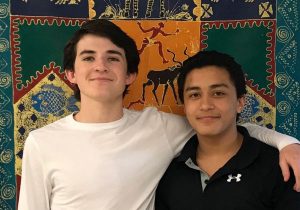
Payne turned to his DYLEP family for advice on developing Binding Borders, as some of them already had experience in launching community projects. They suggested their American friend partner with a classmate to help promote Binding Borders more widely.
Payne found that partner in his classmate Abdelrahman Abdullah, whose family had moved to the U.S. from Egypt a few years earlier. Abdullah enthusiastically signed on to be Binding Border
s’ director.
In his own video, Abdullah explains the cross-cultural challenges he faced when his family moved to the U.S. Most students associated his native country with camels and pyramids rather than facets of modern Egyptian society — and the media didn’t help. “[My culture is] always portrayed negatively,” he says in the video. “Sometimes people think everyone is a terrorist because you’re a Muslim or just from the Middle East.”
Payne says this message is a common theme throughout the seven or eight video interviews he has recorded for the project. “They want us to go beyond the news and actually learn [about their culture],” he says.
So far, these messages are helping. Payne says the classmates who have watched the videos are surprised by what they’ve learned about Middle Eastern culture. “After they see these videos they have a moment where they realize, ‘Oh my gosh, I’ve totally been stereotyping Middle Eastern students,’” he says. “I hope that will help them change.”
Payne and Abdullah plan to continue spreading Binding Borders’ message. They’ve presented the project to their school’s International Club and Payne has posted information about it on DYLEP’s Facebook page for alumni. They’re also planning to launch a Binding Borders club at their school next year, which Payne says will raise money to fund DYLEP scholarships as well as support the International Rescue Committee’s office in Silver Spring, Maryland. He’s excited to see how Binding Borders can help Middle Eastern and American students in his community overcome their differences and find a common ground.
“I think it’s important for us to learn as much as we can about other cultures and world views,” he says. “We need to welcome diversity.”





